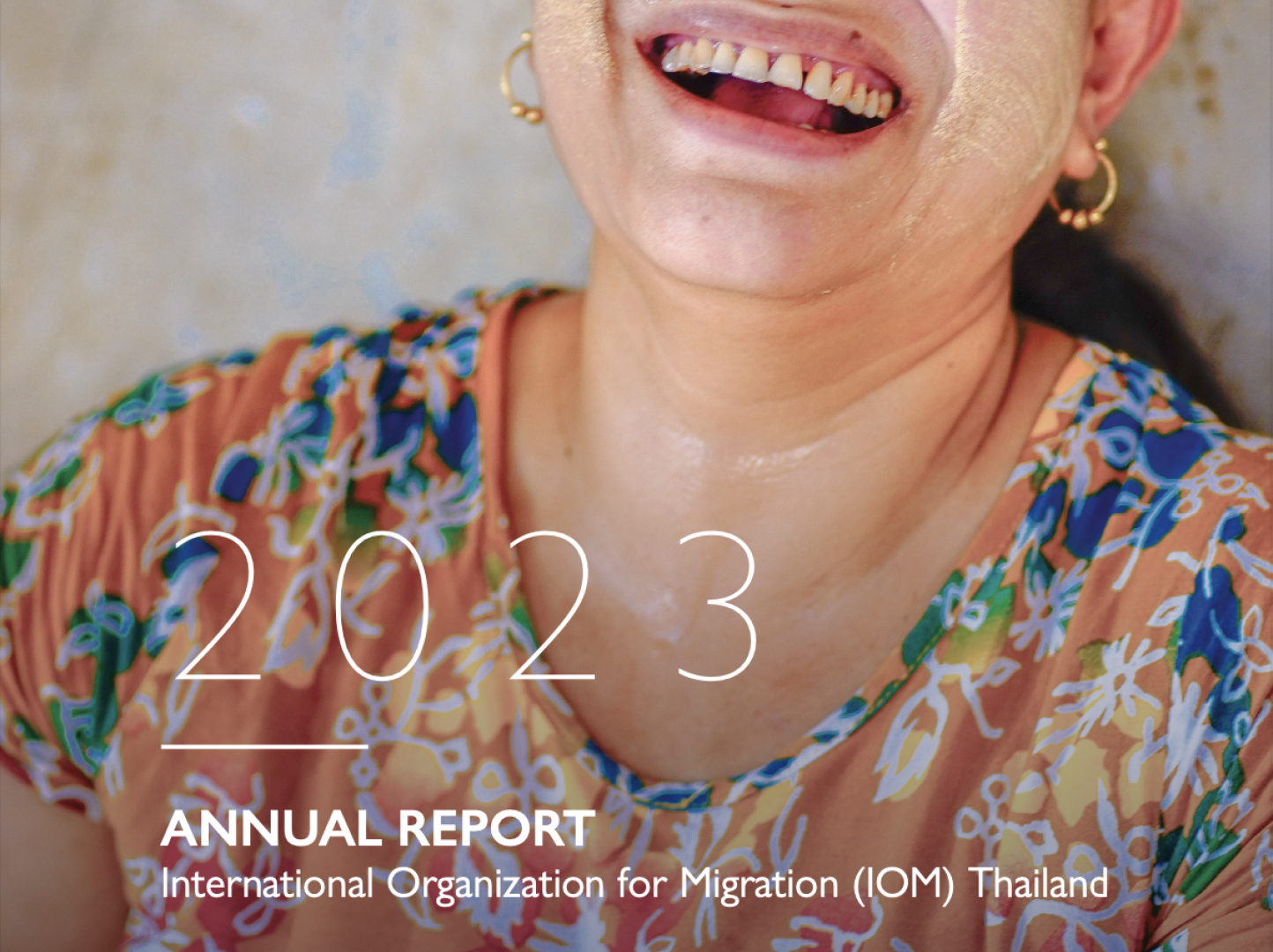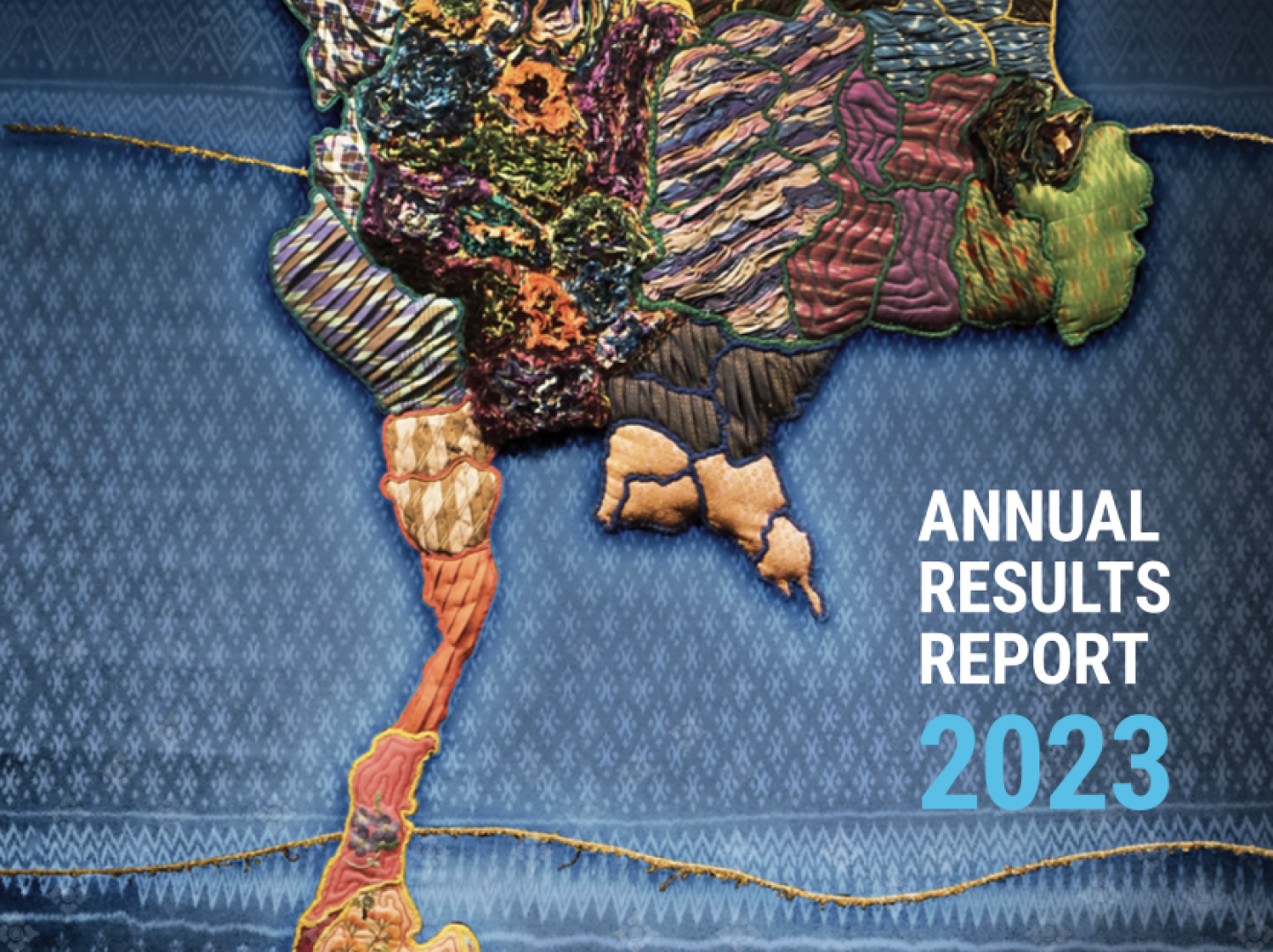Handbook for Local Food Systems Planning and Projects

Integrating food system agenda into local planning and budgeting can enhance the capacities of local authorities in response and prepare for future crises while creating a local platform for several local-level institutions such as hospitals, schools, community-based organizations, farmer associations, market managers, and ordinary citizens to better understand their roles in the local food system management will be an integral part of localizing sustainable development goals.
This Handbook for Local Food Systems Planning and Projects: Reducing Inequalities through Food Systems Management at Local Level aims for government agencies and their network who wish to formulate projects and plans on food systems to promote food security, food safety, and appropriate nutritious consumption at local level. The Handbook consists of two parts:
1. Principles and Concepts: systemic framework of food systems management
2. Local Food Systems Planning: from situational analysis, goal settings, objectives to designing key strategies to achieve such goals
The Handbook is a result of the subnational program on “Localizing participatory planning and budgeting and piloting community initiatives to enhance food security, food safety, and nutritious consumption among vulnerable groups in Yala, Narathiwat, and Pattani” conducted by United Nations Development Programme in Thailand and Public Policy Institute, Prince of Songkla University with support from the Government of Japan and the Swiss Confederation.
The objectives of the program are to promote social cohesion and local resilience through enhanced state to citizen and inter-community relations, in the context of COVID-19 and to promote productive cross-community engagement and livelihoods in volatile and evolving context, contributing to greater food security in the southern border provinces.








